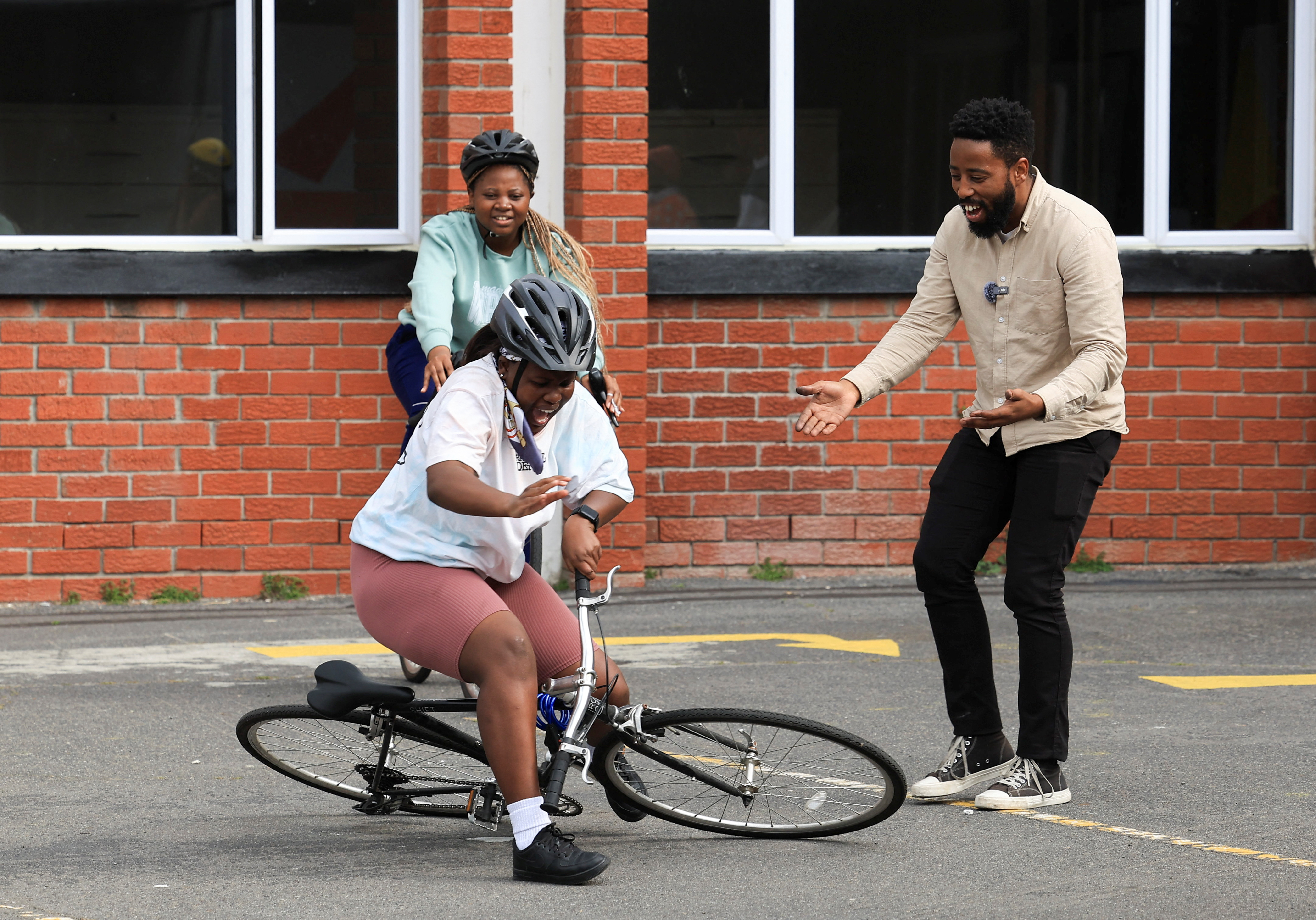Susan B. Anthony once said that the bicycle did more to liberate women than anything else she could think of.
I have previously mentioned her comment in my posts. It articulates something I’ve known for a long time: Bicycles are vehicles (pardon the pun) of social justice, often in the form of economic mobility.
In Ms. Anthony’s time, bicycles were the first forms of transportation that women could use independently. That is the very reason why some societies and countries have discouraged, or even banned, women and girls from cycling.
In some countries, like Saudi Arabia, that discouragement was passive, if you will, on the government’s part: Women and girls weren’t allowed in public spaces without a male relative. Saudi Arabia and other countries under Sharia law have families and communities that are even more patriarchal than most Westerners can imagine. So while the government didn’t officially ban women and girls from cycling (or driving or doing so many other things), it essentially used families and communities to enforce second-class citizenship for females.
Another way in which girls and women are kept from riding is economic. Even in countries that aren’t ruled by a rigid religious patriarchy, women and girls in poor families and communities lose out: Meager resources often go to men and boys first. Girls and women get whatever, if anything, is left over. So, if there is enough money for one bicycle, the father or son will get it, or first access to it.
Such a situation keeps women from finding jobs outside the home that pay better than whatever they can do at home. It also prevents girls from going to school.
 |
| Sindile Mavundla teaches girls how to ride. Photo by Esa Alexander for Reuters. |
Sindile Mavundla has firsthand knowledge of what I have just described. The 34-year-old is Cape Town’s “bicycle mayor.” As someone charged with promoting bicycle culture in his South African city, he is not only working to improve bicycle infrastructure or conduct safety classes. He teaches girls and other first-time riders, many from impoverished communities, how to ride at his Khaltsha Cycling Academy.
Some of his pupils had to walk several kilometers to school—or work. Teaching them how to ride, and helping them acquire a bike, needless to say, improves their prospects in neighborhoods where there are few. But it has an added benefit: “Many of the girls,” he explained , “are not given much sports options.” The bicycle, he said, “has the potential for changing lives” through improved physical fitness and self-esteem as well as the intellectual independence and economic mobility provided by greater access to schools and jobs.
More than a century on, and half a world away, Sindile Mavundla echoes and reflects Susan B. Anthony’s words and work in his capacity as Cape Town’s “Bicycle Mayor.”
No comments:
Post a Comment